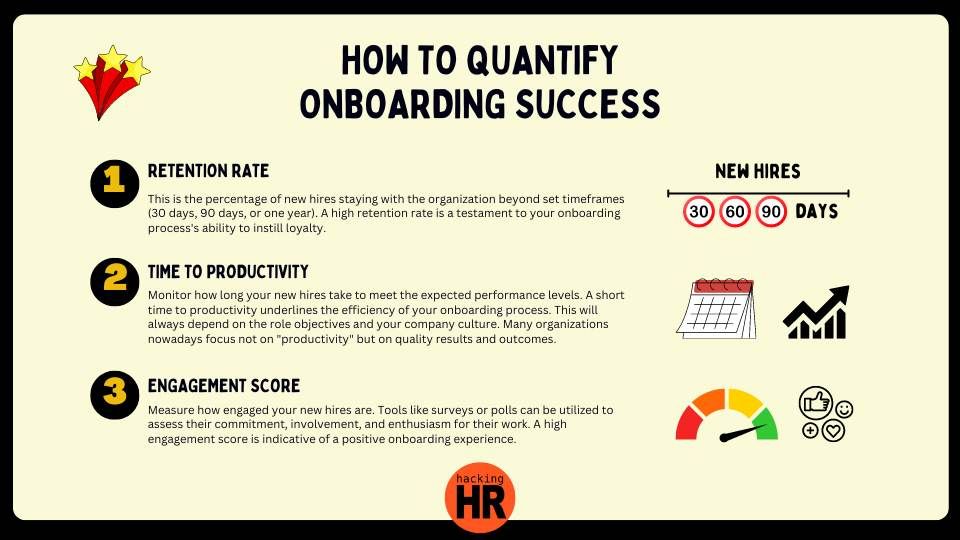Running a small business can often feel like trying to juggle a dozen balls at once. From managing finances to communicating with clients to keeping track of inventory, there are so many tasks that need to be done on a daily basis. That’s why it’s crucial for small businesses to invest in essential software that can help streamline operations and improve overall efficiency. In this article, we’ll discuss the benefits of using essential software for small businesses and highlight some key programs that every small business owner should consider.
Benefits of Using Essential Software
1. **Improved Productivity:** By automating repetitive tasks and streamlining processes, essential software can help small businesses save time and get more done in less time.
2. **Better Organization:** Keeping track of important documents, invoices, and client information can be a challenge for small businesses. Essential software can help organize and centralize this information, making it easier to find and access when needed.
3. **Enhanced Communication:** Effective communication is key to building and maintaining strong relationships with clients and customers. Essential software can help small businesses communicate more efficiently through email, messaging, and collaboration tools.
4. **Financial Management:** Keeping track of expenses, revenue, and cash flow is essential for small business success. Essential software can help small businesses manage their finances more effectively and make informed decisions about their financial health.
5. **Improved Customer Service:** Providing excellent customer service is crucial for small businesses looking to build a loyal customer base. Essential software can help small businesses track customer interactions, respond to inquiries quickly, and provide personalized service.
Top Essential Software for Small Businesses
1. **Accounting Software:** Programs like QuickBooks or FreshBooks can help small businesses manage their finances, track expenses, create invoices, and generate financial reports.
2. **Project Management Tools:** Tools like Trello or Asana can help small businesses stay organized, assign tasks, track progress, and collaborate with team members on projects.
3. **Communication Tools:** Programs like Slack or Microsoft Teams can help small businesses communicate internally and externally, share files, and collaborate on projects in real-time.
4. **CRM Software:** Customer Relationship Management (CRM) software like HubSpot or Salesforce can help small businesses manage customer interactions, track leads, and personalize marketing efforts.
5. **Inventory Management Software:** Programs like TradeGecko or Fishbowl can help small businesses track inventory levels, manage suppliers, and forecast demand.
6. **E-commerce Platforms:** For small businesses that sell products online, platforms like Shopify or WooCommerce can help create and manage an online store, process payments, and track sales.
Conclusion
In today’s fast-paced business world, small businesses need to leverage essential software to stay competitive and efficient. By investing in the right tools, small business owners can streamline operations, improve productivity, and provide better service to their customers. Whether it’s accounting software, project management tools, or communication platforms, there are a variety of essential software programs that can help small businesses succeed. Make sure to research and invest in the software that best fits your business needs to help boost efficiency and achieve your business goals.

